Filtration in Biology
Definition: Filtration is a method used to separate solids from liquids or gases using a filter medium that allows the liquid or gas to pass through while retaining the solid particles.
Application in Biology: Filtration is widely used in biology for various purposes, including separation of biomolecules, microbial analysis, water purification, and cell culture.
Study Guide for Filtration
Key Concepts
- Filter Medium: The material through which the liquid or gas is passed to separate the solid particles.
- Particle Size: Understanding the size of the particles being filtered is important in selecting the appropriate filter medium.
- Applications: Familiarize yourself with the various applications of filtration in biological research and industry.
Process of Filtration
- Preparation: Ensure that the filter apparatus is clean and assembled correctly.
- Selection of Filter Medium: Choose the appropriate filter medium based on the size and nature of the particles to be separated.
- Filtration: Pour the mixture to be filtered into the filter apparatus and allow the liquid to pass through while retaining the solid particles.
- Washing: Sometimes, washing the retained particles with a suitable solvent or buffer may be necessary to further purify the sample.
Importance of Filtration in Biology
- Purification: Filtration helps in purifying biological samples for accurate analysis and experimentation.
- Separation: It enables the separation of different components of a biological mixture, facilitating further study and research.
- Quality Control: In industries such as pharmaceuticals, filtration is crucial for ensuring the purity and quality of biological products.
Conclusion: Filtration is a fundamental process in biology, with diverse applications in research, analysis, and industrial processes. Understanding the principles and applications of filtration is essential for conducting biological experiments and maintaining the quality of biological samples and products.
[Filtration] Related Worksheets and Study Guides:
.◂Biology Worksheets and Study Guides High School. Vertebrates II
Worksheet/Answer key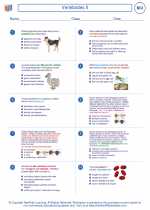 Vertebrates II
Vertebrates II  Worksheet/Answer key
Worksheet/Answer key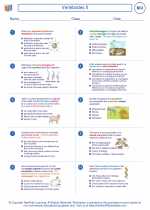 Vertebrates II
Vertebrates II  Worksheet/Answer key
Worksheet/Answer key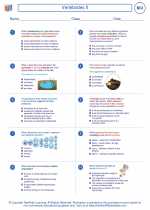 Vertebrates II
Vertebrates II  Vocabulary/Answer key
Vocabulary/Answer key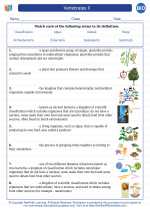 Vertebrates II
Vertebrates II  Vocabulary/Answer key
Vocabulary/Answer key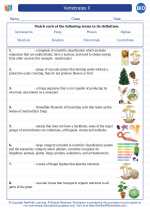 Vertebrates II
Vertebrates II  Vocabulary/Answer key
Vocabulary/Answer key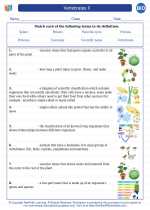 Vertebrates II
Vertebrates II 

 Worksheet/Answer key
Worksheet/Answer key
 Worksheet/Answer key
Worksheet/Answer key
 Vocabulary/Answer key
Vocabulary/Answer key
 Vocabulary/Answer key
Vocabulary/Answer key
 Vocabulary/Answer key
Vocabulary/Answer key

The resources above cover the following skills:
LIFE SCIENCE (NGSS)
Ecosystems: Interactions, Energy, and Dynamics
Students who demonstrate understanding can:
Use mathematical representations to support and revise explanations based on evidence about factors affecting biodiversity and populations in ecosystems of different scales.